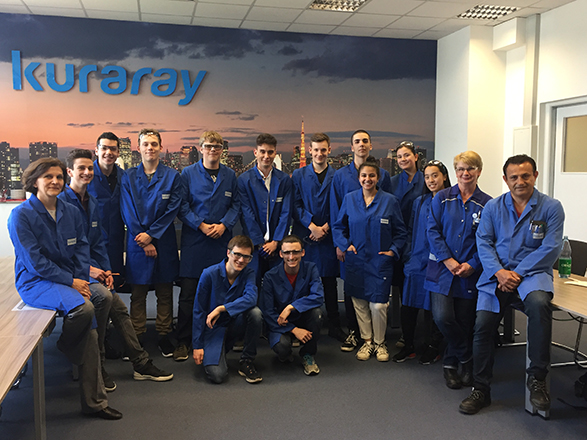Polyvinyl Alcohol (PVA) and PVA powder are versatile materials that find applications across a wide range of industries, from adhesives and coatings to textiles and pharmaceuticals. Their unique combination of properties, including water solubility, film-forming ability, and biocompatibility, makes them indispensable in various manufacturing processes. In this article, we delve into the characteristics, uses, and advantages of PVA and PVA powder, highlighting their significance in modern industrial applications.
Understanding Polyvinyl Alcohol (PVA):
Polyvinyl Alcohol (PVA) is a synthetic polymer derived from the hydrolysis of polyvinyl acetate. It is characterized by its water solubility, excellent film-forming properties, and biodegradability. PVA can be produced in various grades with different degrees of polymerization and hydrolysis, allowing for customization to suit specific application requirements.
Properties of PVA:
- Water Solubility: One of the defining characteristics of PVA is its ability to dissolve in water, yielding clear, viscous solutions. This property makes PVA suitable for use in aqueous formulations and facilitates easy processing and cleanup in various applications.
- Film-Forming Ability: PVA exhibits excellent film-forming properties, forming transparent and flexible films upon drying. These films possess good mechanical strength, barrier properties, and adhesion to a variety of substrates, making them ideal for coatings, adhesives, and packaging materials.
- Biocompatibility: PVA is biocompatible and non-toxic, making it suitable for use in pharmaceuticals, medical devices, and food packaging applications. Its safety profile and compatibility with biological systems ensure minimal risk of adverse reactions and regulatory compliance in healthcare and consumer products.
- Chemical Stability: PVA exhibits good chemical stability, resisting degradation under acidic or alkaline conditions. This stability enhances its durability and performance in diverse environments, ranging from industrial processes to biomedical applications.
Applications of PVA:
- Adhesives and Binders: PVA is widely used as a binder in adhesives, where its water solubility and film-forming properties enable strong bonding between substrates. It is employed in applications such as paper and wood adhesives, textile sizing, and construction materials.
- Coatings and Films: PVA-based coatings and films are utilized in various industries for their excellent barrier properties, flexibility, and adhesion. They are employed in packaging materials, paints and varnishes, textile finishes, and specialty films for electronic devices.
- Textile Processing: PVA is utilized in textile processing as a sizing agent, providing temporary stiffness and lubrication to yarns during weaving or knitting. It improves fabric handle, weaving efficiency, and dimensional stability, resulting in high-quality finished textiles.
- Pharmaceutical Formulations: PVA is used in pharmaceutical formulations as a binder, disintegrant, or film-coating agent in tablets, capsules, and oral suspensions. Its biocompatibility, solubility, and film-forming properties ensure uniform drug release and enhance patient compliance.
Advantages of PVA:
- Environmental Friendliness: PVA powder is biodegradable and non-toxic, offering a sustainable alternative to conventional petroleum-based polymers. Its water solubility facilitates easy disposal and reduces environmental pollution associated with non-degradable materials.
- Process Compatibility: PVA is compatible with a wide range of processing techniques, including solution casting, extrusion, and molding. Its versatility allows for seamless integration into existing manufacturing processes, enhancing efficiency and product quality.
- Versatility and Customization: PVA can be tailored to meet specific application requirements by adjusting parameters such as polymerization degree, degree of hydrolysis, and molecular weight. This versatility enables the development of customized formulations optimized for performance and cost-effectiveness.
- Performance Properties: PVA offers a unique combination of properties, including water solubility, film-forming ability, adhesion, and biocompatibility. These properties impart superior performance characteristics to PVA-based products, making them suitable for diverse applications across industries.
Conclusion:
Polyvinyl Alcohol (PVA) and PVA powder are versatile materials with a wide range of applications in various industries. Their unique combination of properties, including water solubility, film-forming ability, and biocompatibility, makes them indispensable in manufacturing processes ranging from adhesives and coatings to pharmaceuticals and textiles. As the demand for sustainable and high-performance materials continues to grow, PVA and PVA powder are poised to play a key role in meeting the evolving needs of modern industry.


